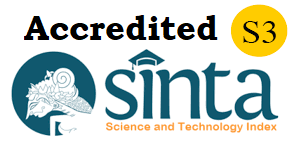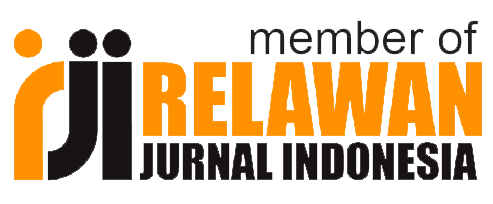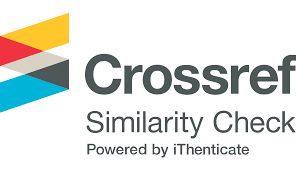CORRELATION BETWEEN SELF CONCEPT, SOCIAL SUPPORT AND CONSUMPTIVE BEHAVIOR OF STUDENT IN COVID-19 PANDEMIC SEASON
Abstract
This study was intended to determine the relationship between self-concept and social support with consumptive behavior in students during the Covid-19 pandemic. This study uses a quantitative approach with data collection tools in the form of a scale, including the consumptive behavior scale, self-concept scale, and social support. The subjects used in this study were University X students aged 18-21 years who were selected using the cluster random sampling method from 12 faculties, then the Faculty of Psychology, Economics and Business, Law, and Pharmacy, totaled 204 students. The sampling technique used was cluster random sampling method. Analysis of the data used is multiple linear regression using SPSS software. Based on the results of the analysis of the major hypotheses proposed by the researcher, it can be concluded that there is a very significant relationship between self-concept and support and consumptive behavior. Then the first minor hypothesis proposed by the researcher can be concluded which means that there is a very significant negative relationship between self-concept and consumptive behavior. The second minor hypothesis concludes that there is a very significant negative relationship between social support and consumptive behavior. The effective contribution given to the variables of self-concept and social support in influencing consumptive behavior can be seen in the model summary table in the R square table which shows the results of 11,0832%. With the contribution of the self-concept variable of 10,989% and the contribution of the social support variable of 0,0942%.















